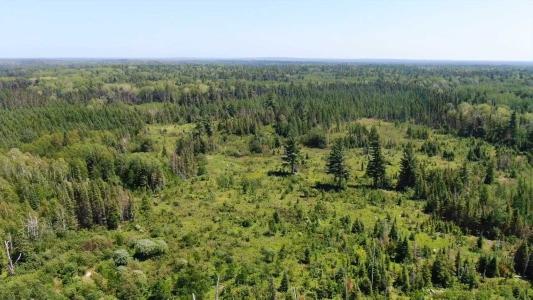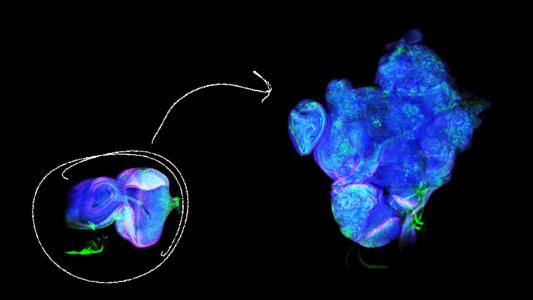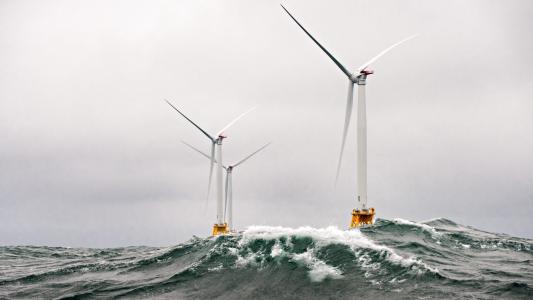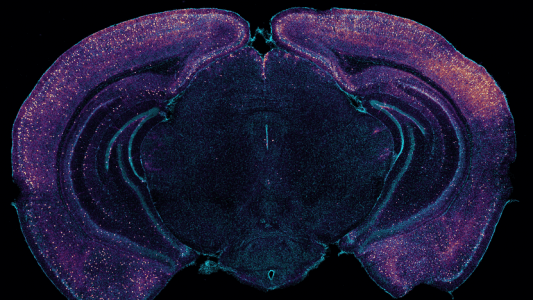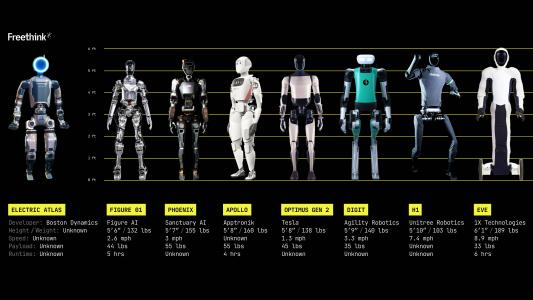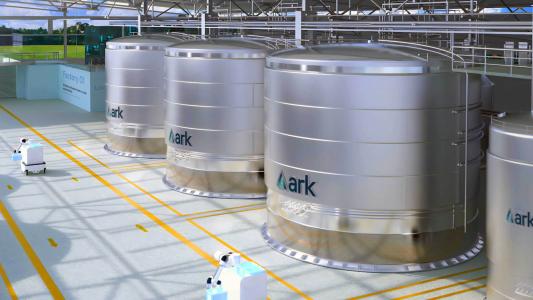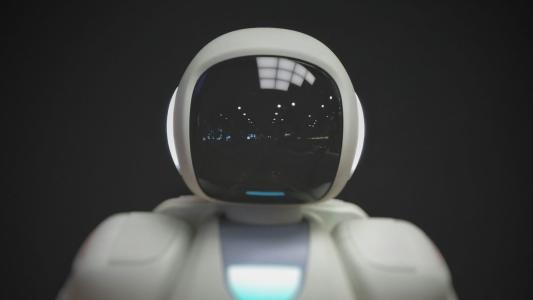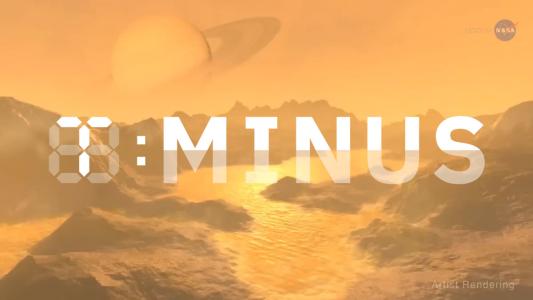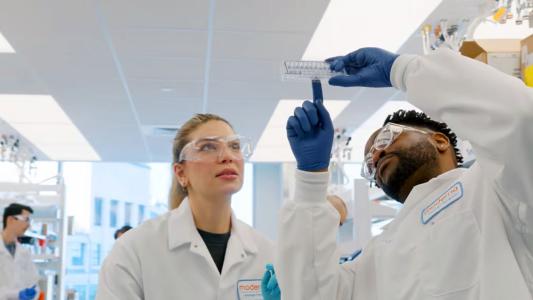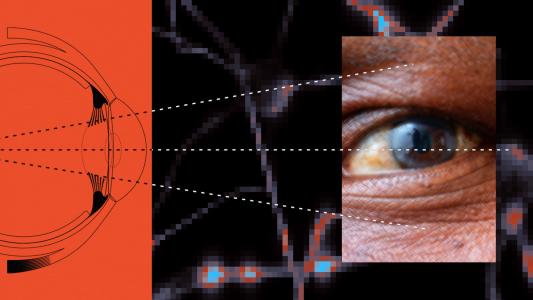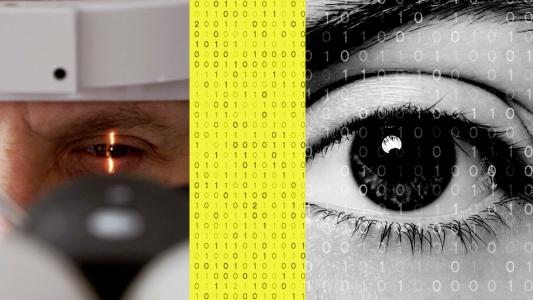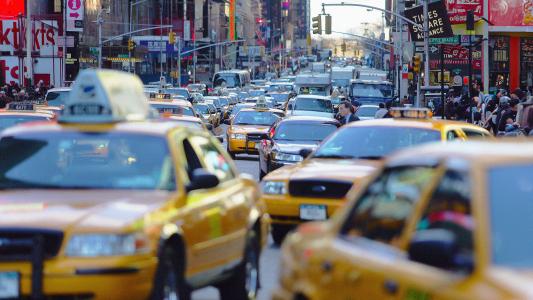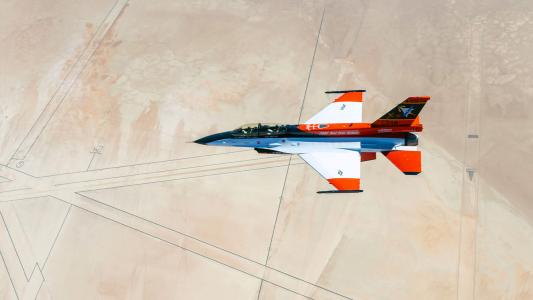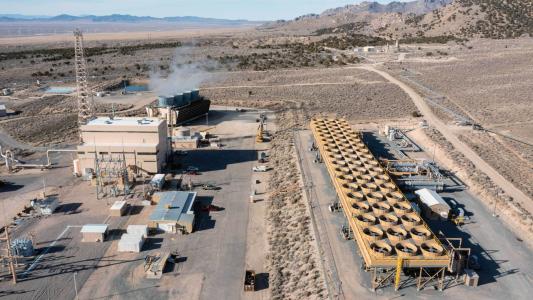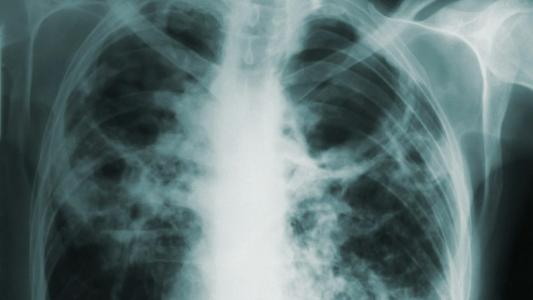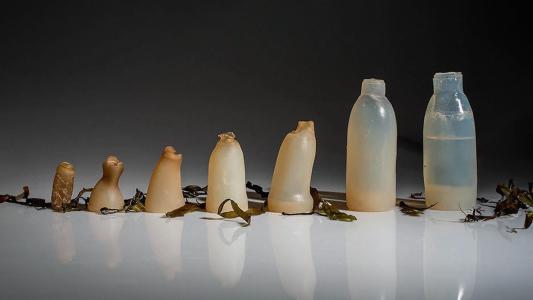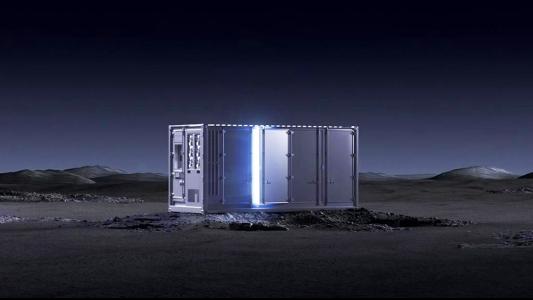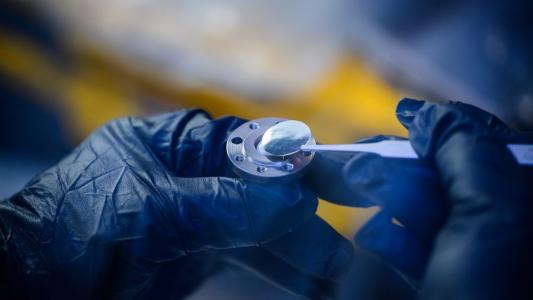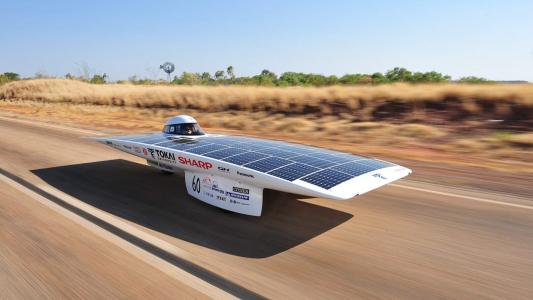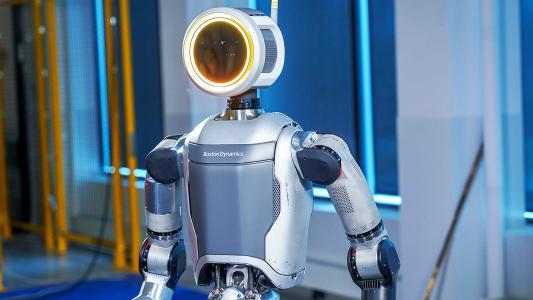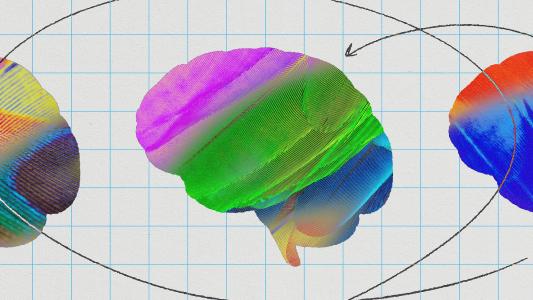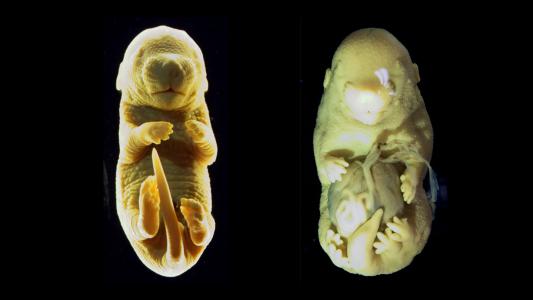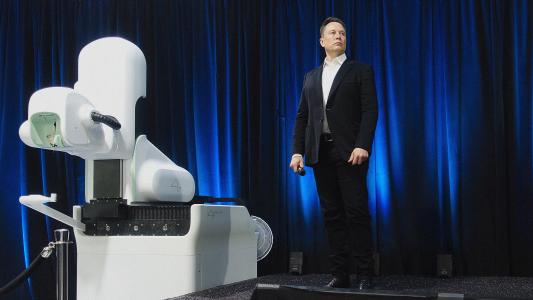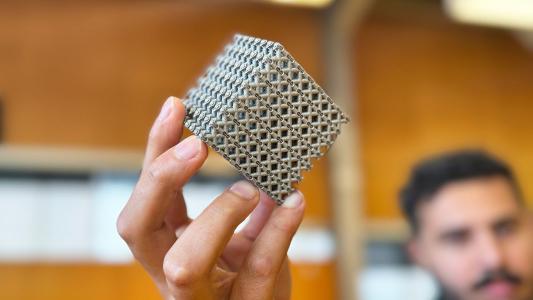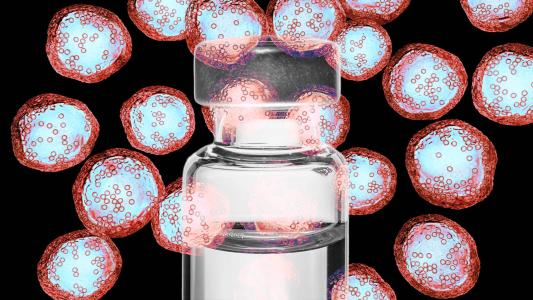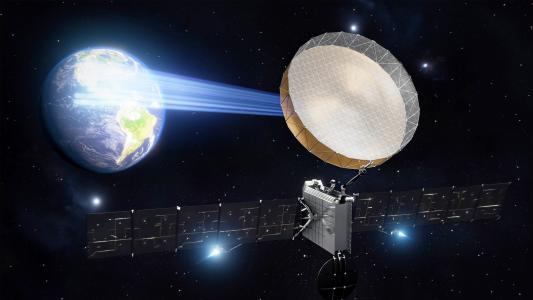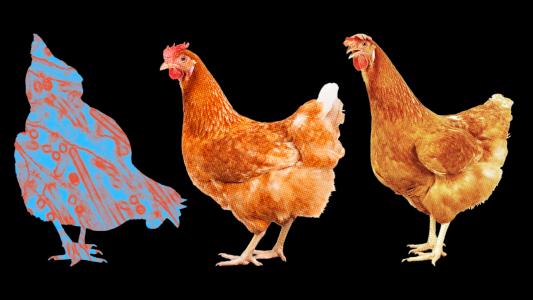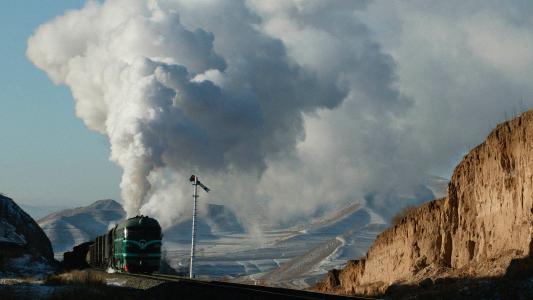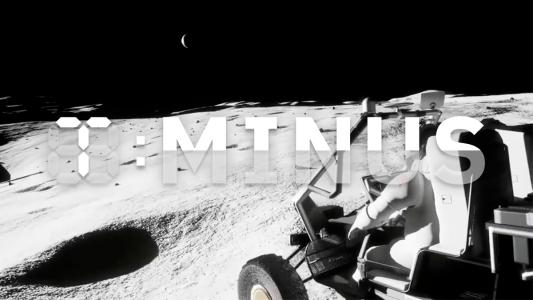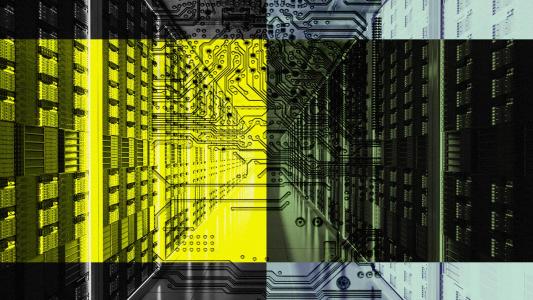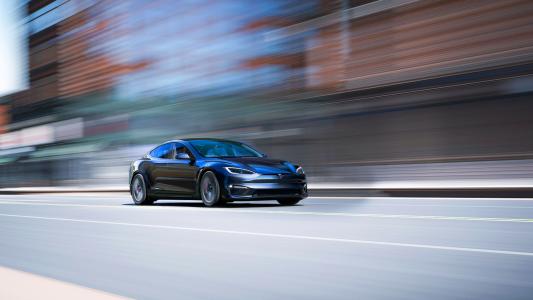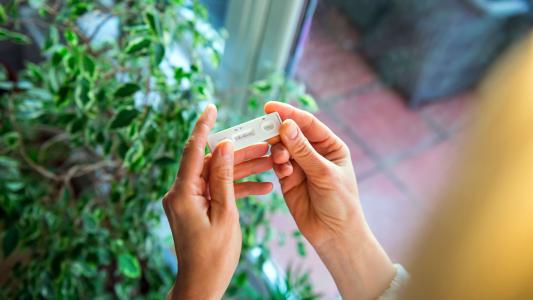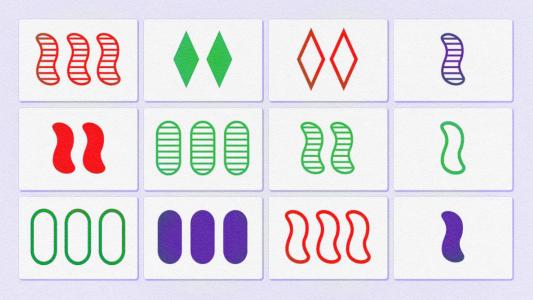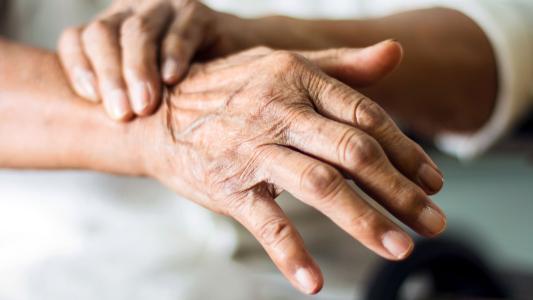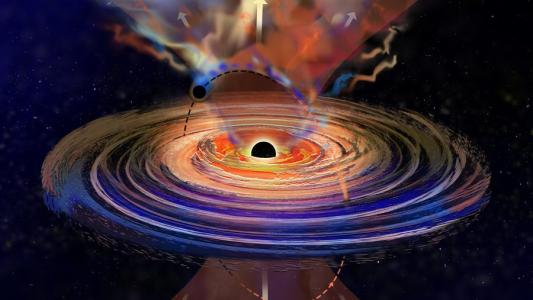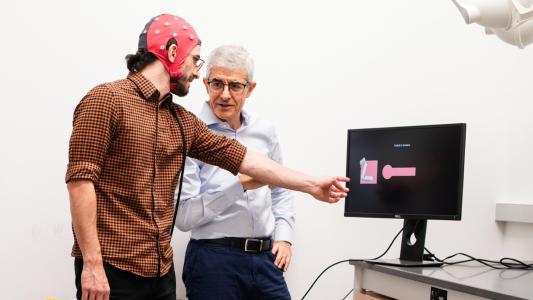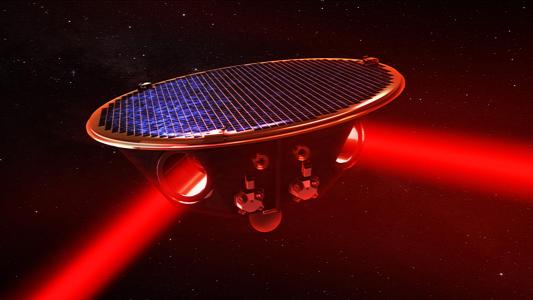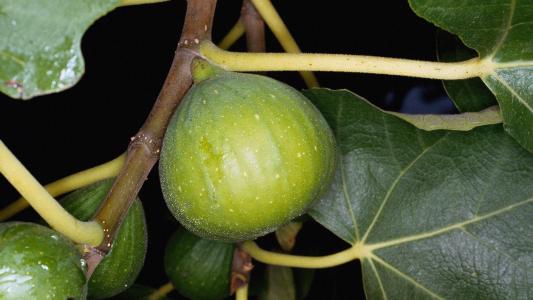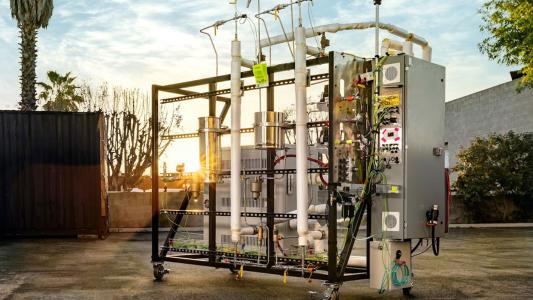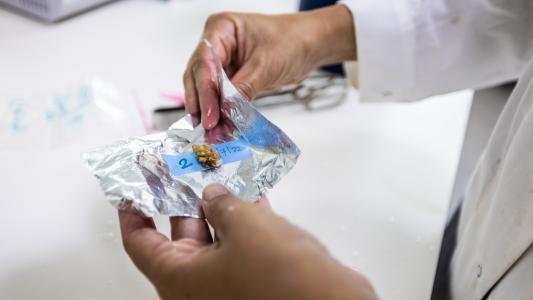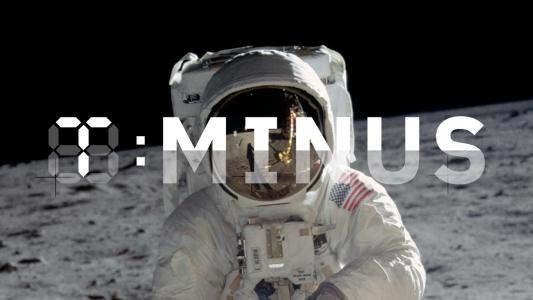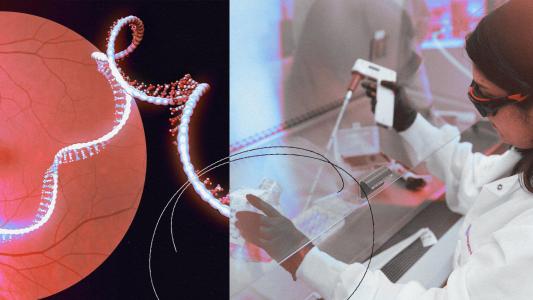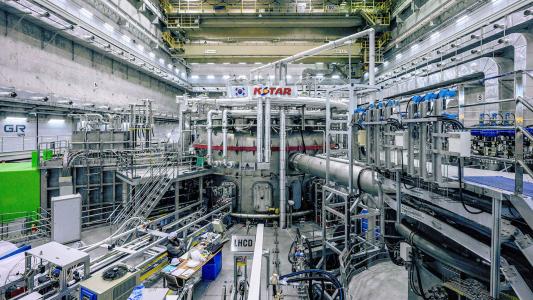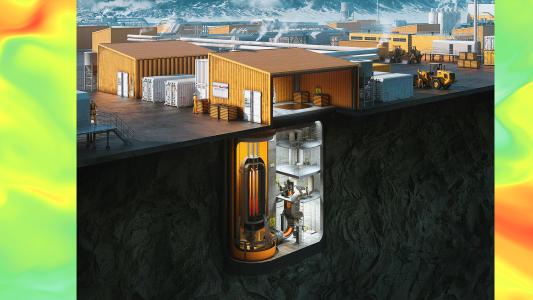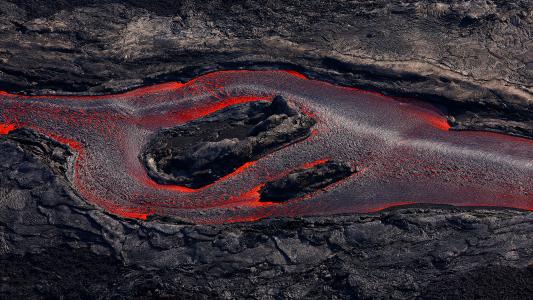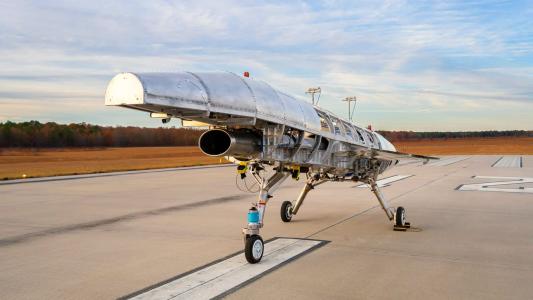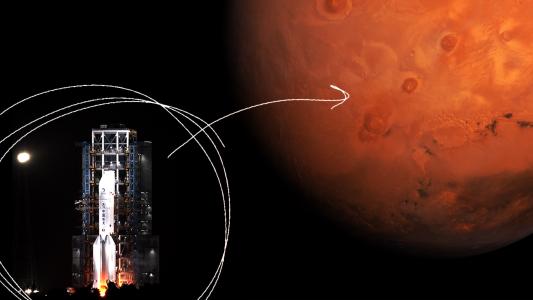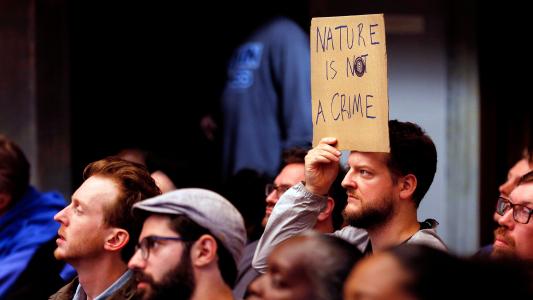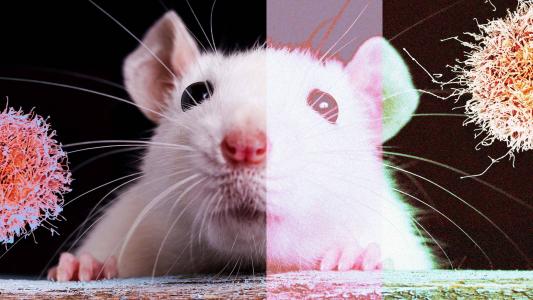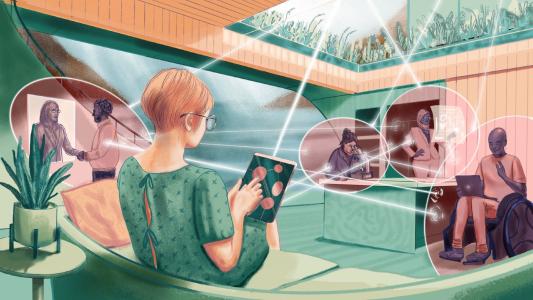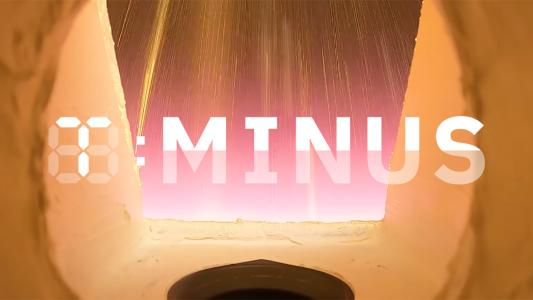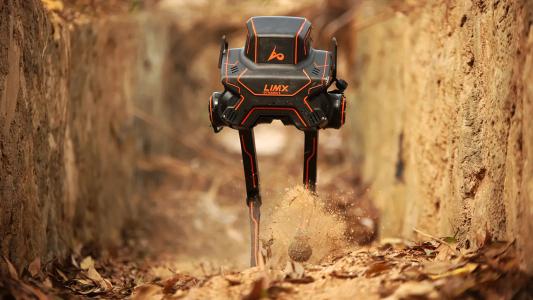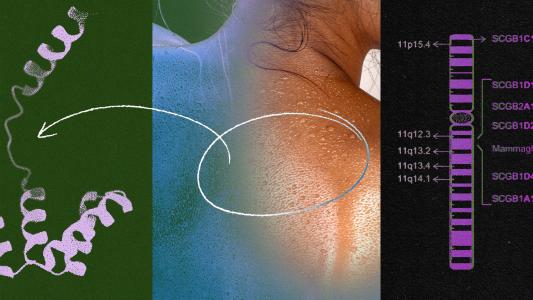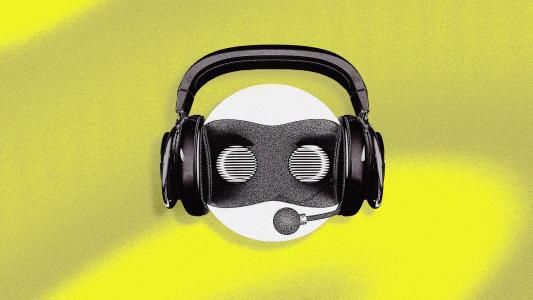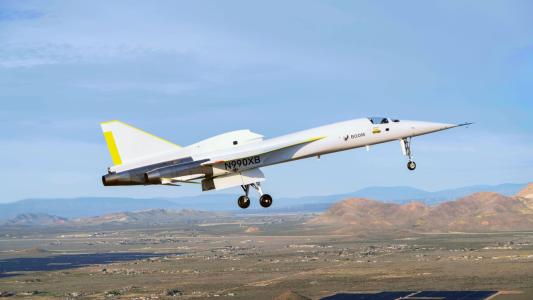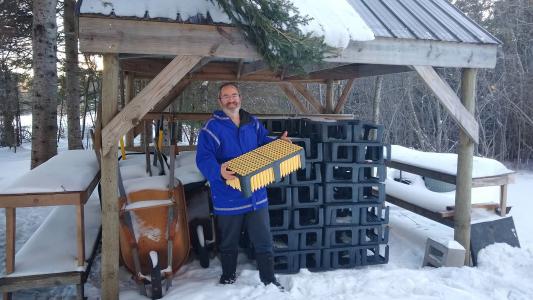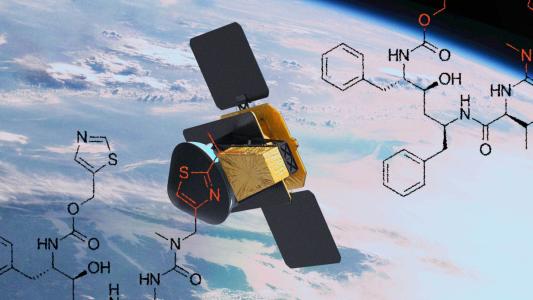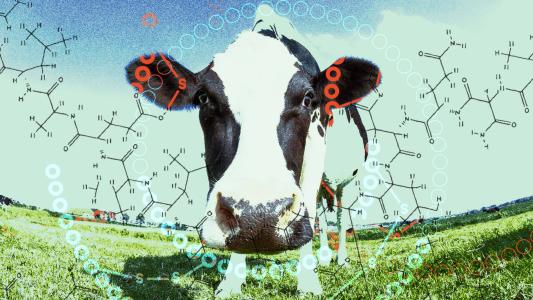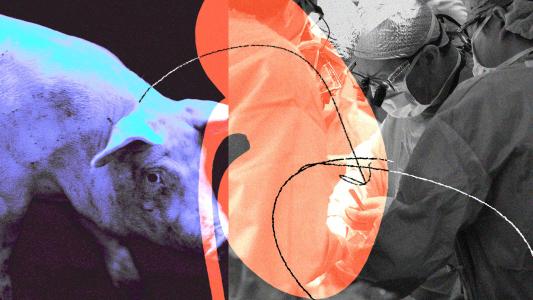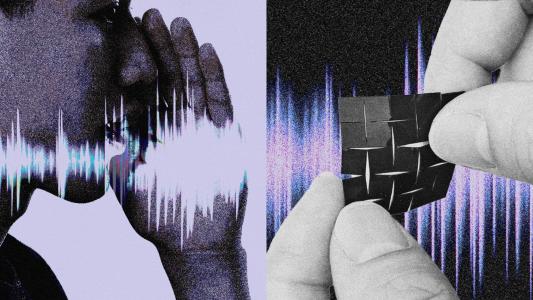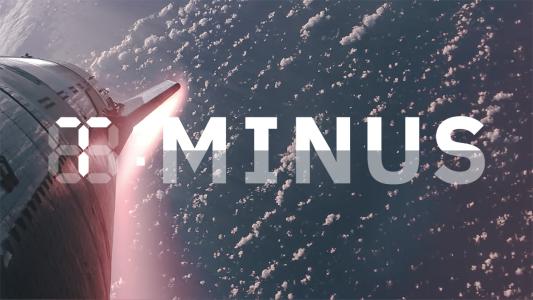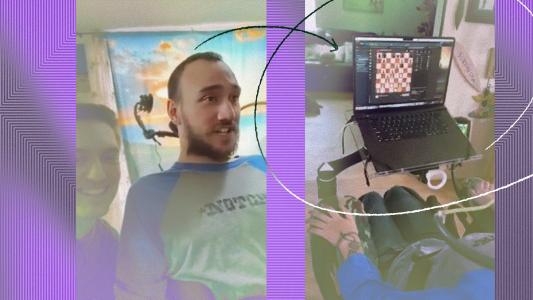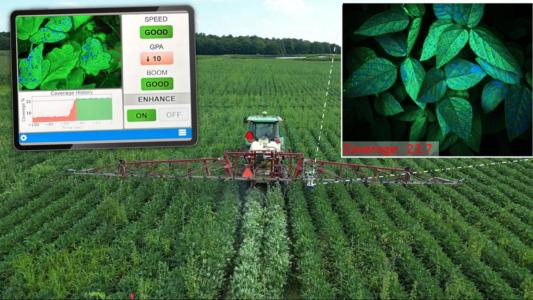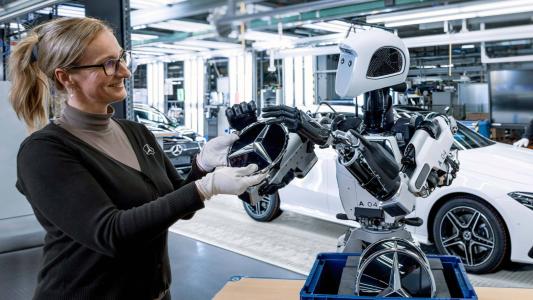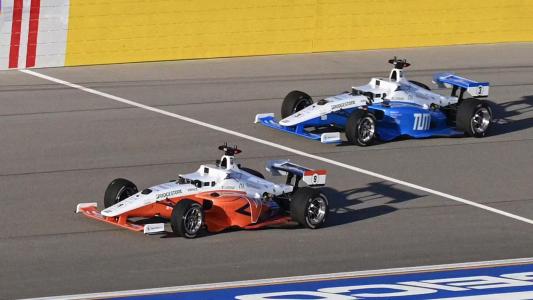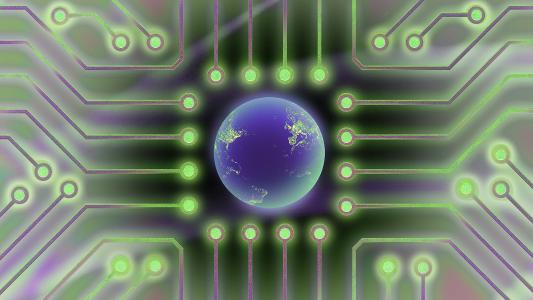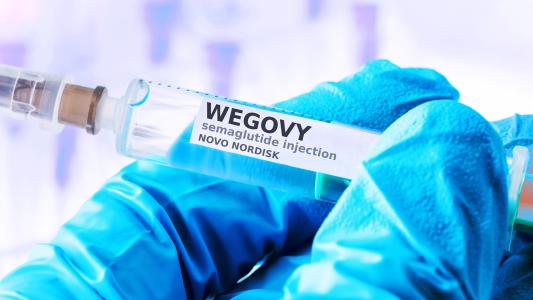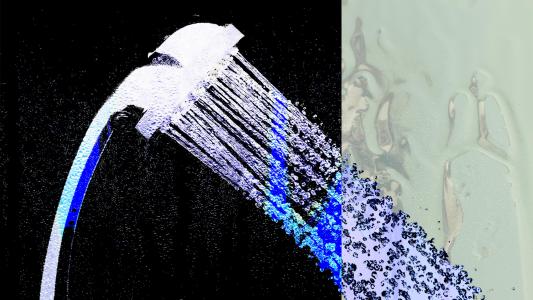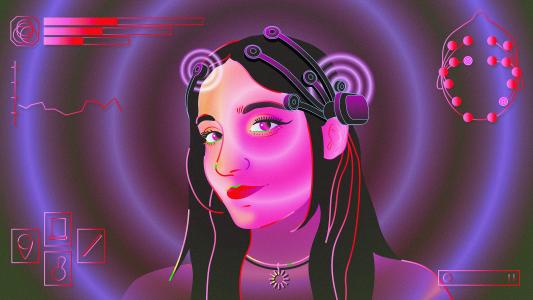Last century, we extended our lives. This century, we need to shorten our deaths.
We are living longer lives, while also spending more years sick than ever before — but there are ways to close the lifespan-healthspan gap
Desalination could avert one of the top 10 threats facing the world
Desalination — changing seawater into safe drinking water — could avert a crisis. Here's how to make it less costly and labor-intensive.
Helium discovery is the supply breakthrough science, medicine, and industry needed
A helium reservoir in Minnesota has astonishingly high concentrations of the gas, potentially opening doors for commercial extraction.
New study challenges long-held assumption about cancer
Genetic mutations may not be necessary for cancer to develop, challenging a long-held assumption about the disease.
Six innovative ways to float skyscraper-sized wind turbines
While most offshore wind farms are firmly rooted in the seabed, engineers are developing new ways to float enormous wind turbines.
How sensory gamma rhythm stimulation clears amyloid in Alzheimer’s mice
Study finds stimulating a brain rhythm with light and sound increases peptide release from interneurons, possibly slowing Alzheimer's progression.
Why AI celebrities are teaching kids math and physics
Onlock Learning uses the attention-grabbing strategies that make brain-rot content virtually irresistible to package educational content.
Meet the humanoids: 8 robots ready to revolutionize work
Everything you need to know about the humanoids that will soon enter the workforce — or are in it already.
This startup is trying to solve lab-grown meat’s biggest problem
A biotech startup has developed a new kind of bioreactor that could help increase cultivated meat production.
How to build the skills needed for the age of AI
Knowledge-based workers already need to skill-up to coexist with sophisticated artificial intelligence technologies.
T-Minus: $11B Mars rocks, Voyager 1’s resurrection, and more
Freethink counts down the biggest space news, featuring NASA's Mars rock request, the Dragonfly mission, and more.
See how Moderna is using OpenAI tech across its workforce
A partnership between Moderna and OpenAI provides a real-world example of what can happen when a company leans into generative AI.
Scientists have invented a method to break down “forever chemicals” in our drinking water
Researchers have discovered a way to eliminate "forever chemicals," or PFAS, which usually take hundreds or thousands of years to break down.
Shining a light on oil fields to make them more sustainable
Sensors and analytics give oil well operators real-time alerts when things go wrong, so they can respond before they become disasters.
Brain implant for “artificial vision” is still working after 2 years
A new type of brain implant technology has given a man with total blindness a kind of “artificial vision.”
OpenAI’s GPT-4 outperforms doctors in another new study
OpenAI’s most powerful AI model, GPT-4, outperformed junior doctors in deciding how to treat patients with eye problems.
New York City greenlights congestion pricing
Here’s how New York City's congestion pricing is expected to improve traffic, air quality, and public transit.
Watch the first AI vs. human dogfight using military jets
An AI fighter pilot faced off against a human pilot in a “dogfight” using actual planes — a huge milestone in military automation.
US will accelerate geothermal exploration on federal land
The Bureau of Land Management is taking steps to make it easier for public lands to be considered for geothermal power systems.
AI can help predict whether a patient will respond to specific tuberculosis treatments
Instead of a one-size-fits-all treatment approach, AI could help personalize treatments for each patient to provide the best outcomes.
New AI music generator makes songs from text prompts
AI music generators — AIs that create new music based on users’ text prompts — are lowering the bar for music creation, for better or worse.
Toward truly compostable plastic
Materials scientists are cooking up environmentally friendly plastics from natural sources like silk, plant fibers and whole algae.
World’s biggest battery maker unveils grid-scale storage system
CATL, the world’s biggest battery manufacturer, just unveiled TENER, a new energy storage system for utility companies.
Meta’s AI assistant just got a major upgrade — here’s how you can use it
Meta has upgraded its AI assistant, Meta AI, with a new LLM (Llama 3) and made it available in far more places.
Future nuclear power reactors could rely on molten salts — but what about corrosion?
Proton irradiation decreases the rate of corrosion in certain metal alloys — potentially good news for promising nuclear power reactors .
T-Minus: SpaceX’s military launch, a rocket family’s final flight, and more
Freethink counts down the biggest space news, featuring a new kind of military satellite, the solar eclipse, and more.
Why aren’t there solar-powered cars?
There are a number of reasons why solar-powered cars aren’t an option for everyday travel, at least not yet.
Boston Dynamics retires dancing Atlas robot — and debuts its electric replacement
A day after retiring its hydraulic Atlas robot, Boston Dynamics released a video debuting its all-electric, workplace-ready replacement.
Why a neurodivergent team will be a golden asset in the AI workplace
Since AI is chained to linear reasoning, workplaces that embrace it will do well to have neurodivergent colleagues who reason more creatively.
How turning off one gene causes mice to grow 6 legs
A study of embryo development in mice led to the creation of a mutant mouse fetus with an extra pair of legs in place of genitals.
In a future with brain-computer interfaces like Elon Musk’s Neuralink, we may need to rethink freedom of thought
In a future with more "mind reading," thanks to computer-brain interfaces, we may need to rethink freedom of thought.
3D-printed “metamaterial” is stronger than anything in nature
Australian scientists used an advanced 3D printing technique to create a super strong, super lightweight new “metamaterial.”
Personalized cancer vaccines are having a moment
Personalized cancer vaccines were a recurring theme at the annual meeting of the American Association for Cancer Research in 2024.
When an antibiotic fails: MIT scientists are using AI to target “sleeper” bacteria
Most antibiotics target metabolically active bacteria, but AI can help efficiently screen compounds that are lethal to dormant microbes.
Starlink competitor unveils new internet satellite
Satellite internet startup Astranis just unveiled Omega, a new, larger satellite that could help it close the digital divide.
The threat of avian flu — and what we can do to stop it
Avian flu is infecting cows on US dairy farms, and now a person has caught it — but new research could help us avoid a bird flu pandemic.
Why batteries come in so many sizes and shapes
Despite all working the same way, batteries are made in different sizes and shapes for reasons of cost and how easy they are to make.
Even as the fusion era dawns, we’re still in the Steam Age
Why do we use steam rather than other gases? Steam has lasted this long because we have an abundance of water, covering 71% of Earth's surface.
T-Minus: SpaceX’s first “Bandwagon” launch, NASA’s future moon vehicles, and more
Freethink counts down the biggest space news, featuring a new SpaceX service, a request for "moon time," and more.
OpenAI and Microsoft are reportedly planning a $100B supercomputer
Microsoft is reportedly planning to build a $100 billion data center and supercomputer, called "Stargate," for OpenAI.
Artificial reef designed by MIT engineers could protect marine life, reduce storm damage
An MIT team is hoping to fortify coastlines with “architected” reefs engineered to mimic the wave-buffering effects of natural reefs.
Elon Musk: Tesla will unveil a “robotaxi” on 8/8
While denying reports that Tesla won't be making a low-cost EV, CEO Elon Musk announced plans to unveil a “robotaxi” on August 8, 2024.
Can we stop AI hallucinations? And do we even want to?
“Making stuff up” and “being creative” may be two sides of the same coin — but you have to be able to tell the difference.
When AI prompts result in copyright violations, who has to pay?
Who is responsible for copyright violations when they're produced by generative AI? The technology is outpacing the law.
What’s next for COVID-19 drugs?
Paxlovid may have underperformed in a new trial, but other promising COVID-19 drugs are being authorized or in the works.
Google’s Deep Mind AI can help engineers predict “catastrophic failure”
How vulnerable is the electrical grid to a malicious attacker who destroys select substations? Google's Deep Mind can help predict the answer.
Old drug appears to halt progression of Parkinson’s motor symptoms
A GLP-1 agonist used to treat diabetes appeared to halt the progression of Parkinson’s symptoms in a phase 2 trial.
Persistent “hiccups” in a far-off galaxy draw astronomers to new black hole behavior
Scientists have found a large black hole that “hiccups,” giving off plumes of gas, revealing another black hole.
“Universal” BCI lets anyone play games with their minds
A specially trained “decoder” slashes the time it takes a brain-computer interface (BCI) to read a user’s mind.
Oxytocin’s effects aren’t just about love
At last, neuroscientists are learning how the hormone shapes social behaviors such as pair-bonding and parental care. It’s more complicated than they thought.
How three laser-shooting spacecraft could reveal the birth of the universe
The first space-based mission to detect gravitational waves, LISA, could give us a brand new perspective into the universe’s past.
Your garden’s 2024 “hardiness zone” could change, thanks to warming climates
Hotter summers and warmer winters are changing the types of plants we'll be able to successfully grow. Here's how to adapt.
This startup is making natural gas from sunlight, water, and air
Terraform Industries is using sunlight, water, and air to create synthetic natural gas — and keep methane out of the atmosphere.
Scientists are deep-freezing corals to repopulate the ocean
Healthy corals could disappear by the 2030s if climate change is not curbed, so scientists are deep freezing specimens.
T-Minus: Counting down the 10 biggest “firsts” in space exploration
A special edition of Freethink's weekly countdown of space news, featuring the 10 biggest milestones in humanity's exploration of space.
One-shot gene therapy reverses vision loss in small trial
A gene therapy for wet AMD — the most common cause of severe vision loss in seniors — is now in phase 3 trials.
Retired coal plants can aid the energy transition — by going nuclear
Nuclear power is a proven way to decarbonize the grid, and a lot of infrastructure for it already exists at retired coal plants.
Korea’s “artificial sun” sets nuclear fusion record
An upgrade to KSTAR, an “artificial sun” in Korea, enabled scientists to set a new world record in nuclear fusion.
Nuclear’s role in a net-zero world
Is nuclear power a necessary part of the transition away from fossil fuels? As the debate rages on, new technologies may be shift the balance.
“Stone wool”: lava-based material is more efficient, lasts longer than most insulation materials
Stone wool, a lava-based material, is more efficient and lasts longer than today's most common insulation materials.
Hypersonic startup unveils its first aircraft
Hermeus just unveiled its first flight vehicle, putting it a major step closer to developing first-of-their-kind hypersonic aircraft.
China is one step closer to having a nuclear-powered spacecraft
Chinese researchers say they are making progress on a nuclear-powered spacecraft that could dramatically accelerate space travel.
How one startup is using the ocean to fight climate change
California startup Ebb Carbon wants to build the world’s largest marine CDR plant to capture CO2 in Port Angeles, Washington.
Psychedelic drugs and the law: What’s next?
The push to legalize magic mushrooms, MDMA, LSD, and other hallucinogens is likely to heighten tensions between state and federal law.
One shot recreates younger immune systems, in mice
An antibody treatment designed to revitalize an aging immune system delivers “surprising” results in elderly mice.
Does AI need a “body” to become truly intelligent? Meta researchers think so.
We’re finally starting to see what can happen when we put an advanced AI “brain” in a state-of-the-art robot “body” — and it’s remarkable.
Here’s what it’ll take to power Africa’s clean energy future
The renewable electricity revolution is well underway in Africa, but needs to be shared across borders, this research found.
How patients are using technology to kick-start a healthcare revolution
Susannah Fox, former chief technology officer for the HHS, explains how technology can empower a patient-led healthcare revolution.
AI “tastes” beer — then tells brewers how to make it better
An AI that can predict how to improve the taste of a beer could help brewers develop the next beloved brew.
How much stress is too much? A psychiatrist explains
Some stress is good for you, but toxic stress, on the other hand, wears down your stress response system in ways that have lasting effects.
T-Minus: Bezos’ space station advances, Boeing’s capsule crews up, and more
Freethink counts down the biggest space news, featuring a new space station, NASA's next astronaut transporter, and more.
Bipedal robot takes a beating, keeps on hiking
LimX Dynamics’s bipedal robot, P1, can keep its footing, even when traversing rough terrain unlike any it’s seen before.
A protein found in human sweat may protect against Lyme disease
Human sweat contains a protein that may protect against Lyme disease, according to a study from MIT and the University of Helsinki.
Pacemaker powered by light eliminates need for batteries and lets the heart to function more naturally
Scientists designed a pacemaker that transforms light into bioelectricity, or heart cell-generated electrical signals.
Would you trust big work-life decisions to an AI coach?
The fast-growing coaching industry is being disrupted by generative AI, which excels at “performance coaching.”
Boom’s supersonic jet flies for the first time
Boom Supersonic just flew its XB-1 supersonic jet for the first time, bringing it a step closer to revitalizing super-fast commercial travel.
Moving trees north to save the forests
Scientists are exploring how to adapt forests for climate change, transitioning them to a warmer future by planting new southern seedlings.
Generative AI tech is dreaming up new antibodies
A new tool for designing antibodies relies on the same kind of tech underpinning DALL-E and other image-generating AIs.
Pill to prevent Lyme disease kills ticks before they can infect you
A pill to prevent Lyme disease quickly killed ticks that bit treated volunteers, suggesting it could slow the spread of tick-borne diseases.
Drugs made in space “cooked real good,” says startup
Varda Space Industries has shared the results of its first mission to manufacture "space drugs" in Earth's orbit.
Soaring insulin costs? Cows could help.
A genetically engineered cow that produce milk containing with human insulin could help cut the cost of the life-saving diabetes med.
First person to get a gene-edited pig kidney is “recovering well” so far
A gene-edited pig kidney has been successfully transplanted into a person for the first time, giving new hope to people with kidney failure.
AI-powered wearable “speaks” for people with vocal cord problems
Bioengineers at UCLA are developing an AI-powered wearable that could make it easier for people with vocal cord problems to talk.
T-Minus: Starship reaches new heights, volunteers discover “active” asteroids, and more
Freethink counts down the biggest space news, featuring Starship's third test flight, a new Mars volcano, and more.
First person with a Neuralink brain implant reveals how he uses it
Elon Musk’s Neuralink has revealed the identity of the first person to receive its brain implant — and the man says it has changed his life.
Reducing pesticide use while increasing effectiveness
AgZen has developed a system for farming that can monitor exactly how much of the sprayed chemicals adheres to plants, in real time.
Humanoid robots are joining the Mercedes-Benz workforce
German automaker Mercedes-Benz is deploying Apptronik’s Apollo robots at a manufacturing plant in Hungary.
Autonomous auto racing promises safer driverless cars on the road
Autonomous racing is a testbed where competition spurs innovation and AI-controlled cars chart a course toward safer autonomous vehicles.
Google’s AI can create a video game based on a napkin drawing
Named Genie, the AI can create a short video games from a single image. It could one day create a wide range of interactive environments.
Startup is building a giant sand battery in Finland
A massive sand battery will help a Finnish town end its reliance on oil for heating, aiding the transition to a clean energy future.
The brief history of artificial intelligence: The world has changed fast – what might be next?
Despite their brief history, computers and AI have fundamentally changed what we see, what we know, and what we do.
Expert explains why a nearly new Boeing 737 MAX 9 door flew off
A 60-pound “door plug” blew out from a nearly new Boeing 737 MAX 9 in flight at 16,000 feet, leaving a gaping hole in the fuselage. Why?
FDA approves weight-loss drug Wegovy to treat heart problems
The FDA has approved the use of Novo Nordisk’s popular weight-loss drug Wegovy to reduce the risk of certain major heart issues.
3D processors could lead to a new era in wireless communication
New 3D processors could unlock more frequencies for wireless communication, unblocking congestion and unleashing new technologies.
How frontotemporal dementia, the syndrome affecting Wendy Williams, changes the brain
In contrast to Alzheimer’s, in which the major initial symptom is memory loss, FTD typically involves changes in behavior.
More water pressure means shorter showers, UK study finds
University students used less water during their showers when they had more water pressure — and they could see a clock.
Startup accelerates progress toward light-speed computing
A new computer chip takes advantage of light’s latency and bandwidth advantages to link processors faster.
How one streamer learned to play video games with only her mind
Perrikaryal uses an EEG to translate her brain activity into game commands, turning her mind into a video game controller.
T-Minus: A new rocket explodes, China looks to Mars, and more
Freethink's weekly countdown of the biggest space news, featuring Space One's flight failure, China's plans to collect rocks on Mars, & more.
Startup unveils “world’s first” complete AI software engineer
Cognition Labs has unveiled Devin, an AI software engineer that can build websites from scratch, debug code, and more.


